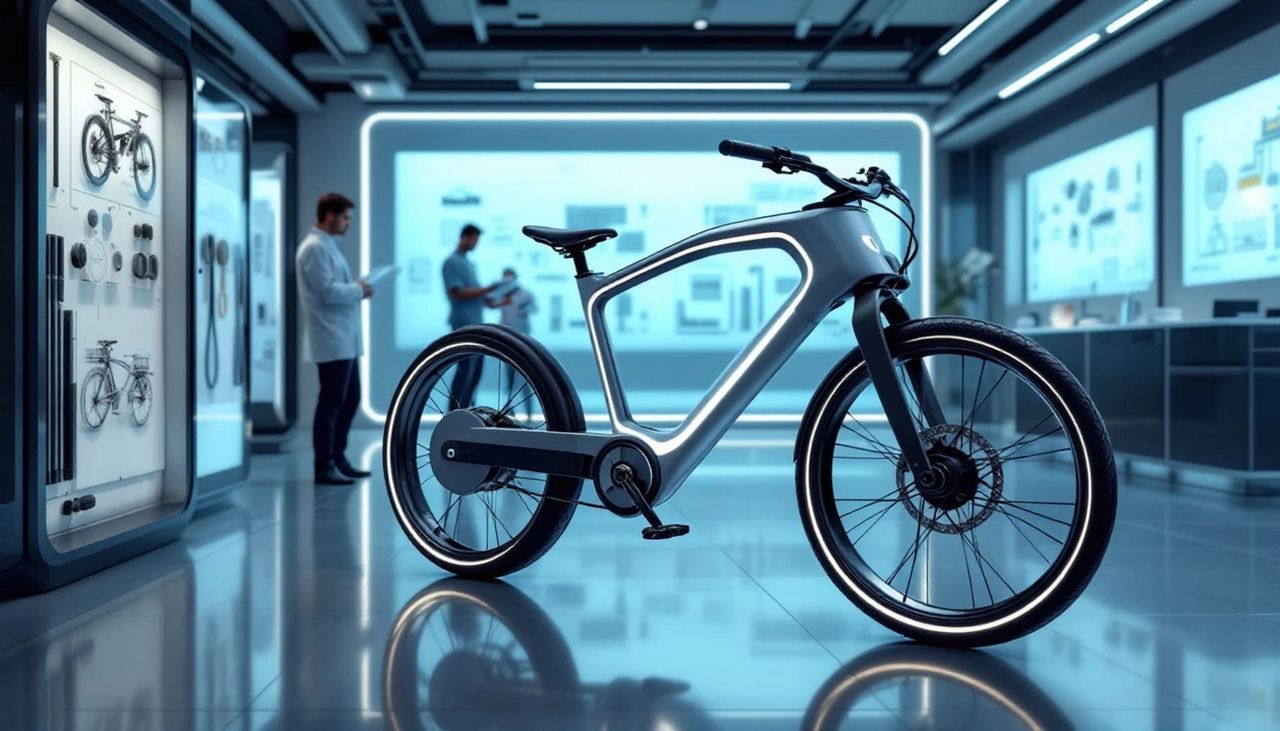
E-bikes are often praised as an eco-friendly alternative to cars and motorcycles, but how sustainable are they in reality? While they offer significant environmental benefits, understanding the full picture requires looking at manufacturing, energy use, and long-term impact.
1. Manufacturing and Materials
Like all manufactured products, e-bikes have an environmental footprint. Producing the frame, motor, and especially the lithium-ion battery consumes energy and raw materials. Mining for materials like lithium, cobalt, and nickel has environmental consequences, but the overall manufacturing impact of an e-bike is significantly lower compared to cars or motorcycles.
💡 Quick Fact: Manufacturing an e-bike generates 4–6 times less CO₂ emissions than producing a standard car.
2. Energy Consumption During Use
Charging an e-bike battery requires electricity, but the energy demand is minimal. On average, charging consumes about 0.5 kWh, costing just a few cents per charge. Even in regions where electricity comes from fossil fuels, e-bike emissions are a fraction of those produced by gas-powered vehicles.
✅ Replacing car trips with e-bike rides reduces greenhouse gas emissions and urban air pollution.
3. End-of-Life and Recycling
The most significant environmental challenge lies in battery disposal. Improperly discarded batteries can leak harmful chemicals, but recycling programs are improving. Companies are developing systems to recover materials and reduce landfill waste.
♻️ Tip: Always dispose of batteries at certified recycling centers to minimize environmental harm.
4. How E-Bikes Compare to Other Modes of Transportation
Compared to cars, e-bikes produce 90% fewer emissions over their lifetime. Even when compared to public transit, e-bikes are greener for short-distance commutes. Walking or traditional cycling remains the most sustainable, but e-bikes bridge the gap by providing practical, low-impact transportation over longer distances.
Final Thoughts
E-bikes aren’t entirely impact-free, but they represent a significant step toward cleaner transportation. By choosing an e-bike over a car for short trips, riders can reduce carbon emissions, traffic congestion, and noise pollution. Combined with responsible battery recycling, e-bikes are an effective tool for a more sustainable future.







Leave a Reply